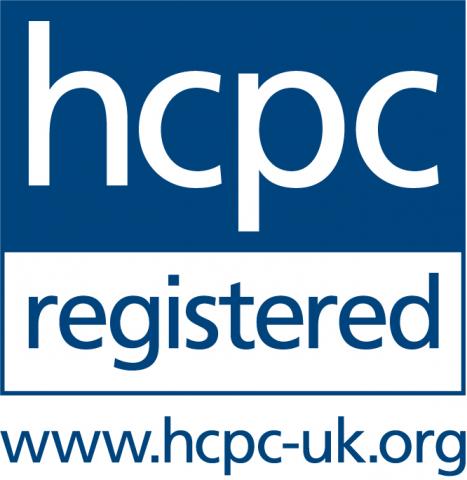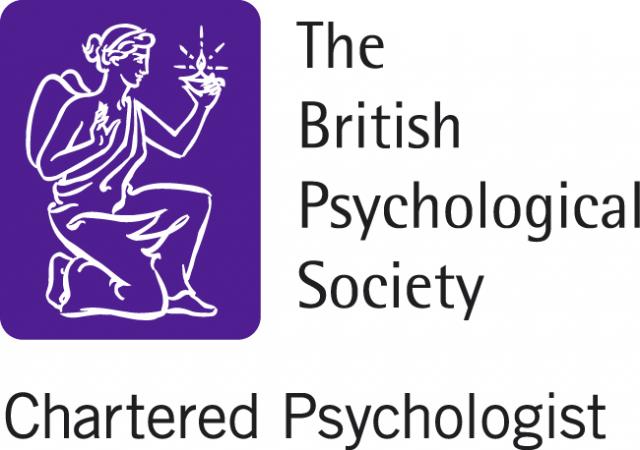Psynergy consulting psychologists
What is a Clinical Psychologist and what do they do?
The term ‘Clinical Psychologist’ is protected in law. This is not the case with terms such as ‘counsellor’, ‘therapist’ or ‘psychotherapist’ and therefore greater variation in skill and competence is found among these other groups. The British Psychological Society addresses the question of differences between clinical psychologists, therapists and counsellors as follows: - ‘Clinical psychologists have extensive training in assessing a range of psychological difficulties and determining the most appropriate form of help, as well as being trained in providing more than one type of therapy. Therapists and counsellors, on the other hand, usually specialise in providing one particular type of therapy.’
Clinical psychologists aim to reduce psychological distress and to promote wellbeing. They can help a wide range of people with all sorts of problems such as emotional, relational and mental health difficulties. When considering the problem, the psychologist will look to what scientific research has to tell us about its probable cause and what will be most likely to help. Clinical psychologists draw on their expertise in a range of psychological approaches to put together a plan for therapy that is specifically tailored to suit the individual or group they are working with.
Annie Beresford is a chartered clinical psychologist and a chartered scientist. She is registered with the Heath and Care Professions Council, which is the government regulating body, and she is an Associate Fellow of the British Psychological Society and adheres to their professional code of ethics.
What is a Chartered Psychologist?
The title of Chartered Psychologist is the benchmark of professional recognition, reflecting the highest standard of psychological knowledge and expertise and allows a psychologist to use the abbreviation CPsychol after their name.
What is a Chartered Scientist?
Chartered Scientist status reflects best practice in science and is viewed as a significant qualification throughout science professions in the UK.
How the Clinical Psychology Service works
Psynergy Consulting provide a private service to individuals who are either self-funding or who have the appropriate private healthcare insurance cover. A referral letter from your GP, hospital consultant or psychiatrist is always helpful, but essential if you are covered by health insurance rather than self-funding.
Making an appointment
Appointments can be arranged by phone or email at any of the following locations: -
Spire Hospital, Harpenden AL5 4BP. Tel 01582 763191
The Elms Consulting Rooms, St Albans AL1 2SF. Tel 01727 865057
Holt Consulting Rooms, Holt NR25 6BB. Tel 01263 711 712
Spire Hospital, Norwich NR4 7TD. Tel 01603 255 574
email: enquiries@psynergy.co.uk
The first appointment / assessment
The first appointment is an informal preliminary assessment lasting 60 minutes. This is an opportunity for your psychologist to gain a deeper understanding of your current difficulties and for you to ask as many questions as you wish and to get a sense of whether or not you can feel comfortable with the person you are talking to. Details of your problem, its history and impact on your life will be explored and sometimes brief questionnaires will be used. Often you will be sent questionnaires in advance of the session and will be asked to complete and bring them with you for the meeting. The full assessment may take one or two sessions depending on the complexity of the problem. This process of exploring feelings, the history of the problem and the factors that serve to maintain it, can be a positive and beneficial experience. Following assessment, recommendations for the way forward will be made and an individual therapy plan, tailored to your specific requirements, will be agreed upon.
Therapy is more usually time-limited, such that a specific number of sessions are proposed in order to work towards a particular set of goals. The number of sessions can be reviewed at any time. Alternatively, open-ended therapy allows you to work through problems at your own pace giving you the opportunity for deeper reflection. It also allows you to decide when you feel ready to finish or perhaps just to take a break before continuing.
Therapy sessions
These meetings will last for 50 minutes and they will be a collaborative venture focusing on the goals you want to achieve. Progress is not just made during the therapeutic meeting; much of the important work required for change will often happen between sessions when planned assignments, and experiments with doing things differently, are undertaken.
Confidentiality
Sessions are confidential and information would only be shared with third parties with your permission. However, you may wish your GP or other referrer to be kept informed of your treatment. Also, if a health insurance company is paying for your treatment, they may request an update on your progress. This will be discussed with you and your wishes regarding this will be adhered to. The only exception to this would be if we believe you pose a risk either to yourself or someone else. In such a situation your psychologist would be required to honour their duty of care and make the necessary disclosures. However, they would always endeavour to discuss this with you first.
Notes and storage of personal information
For their personal use, your psychologist will keep copies of any correspondence, treatment summaries and a record of your attendance. Such personal information is securely stored in accordance with the UK Data Protection legislation.
Cancellations and missed appointments
48 hours notice of cancellation is required and without this the full session fee will be charged in all but the most exceptional of circumstances. This is because, once a slot has been reserved for you, it is very unlikely that it can be taken up by anyone else without sufficient notice.
Therapeutic approaches
Clinical Psychologists are trained and experienced in a number of different therapeutic approaches and will often practice in an integrative but evidence-based manner.
Cognitive Behavioural Therapy (CBT)
This is a relatively short-term therapy focusing on the ‘here and now’ and commonly lasting between eight and twenty sessions. It involves the exploration of the connection between thoughts, feelings, behaviour and physical symptoms along with the challenging of negative automatic beliefs and the development of helpful coping strategies to improve wellbeing. CBT is recommended by the National Institute for Health and Clinical Excellence for depression, obsessive compulsive disorder, bulimia nervosa, chronic fatigue syndrome and anxiety disorders.
Applied Psychology Service


